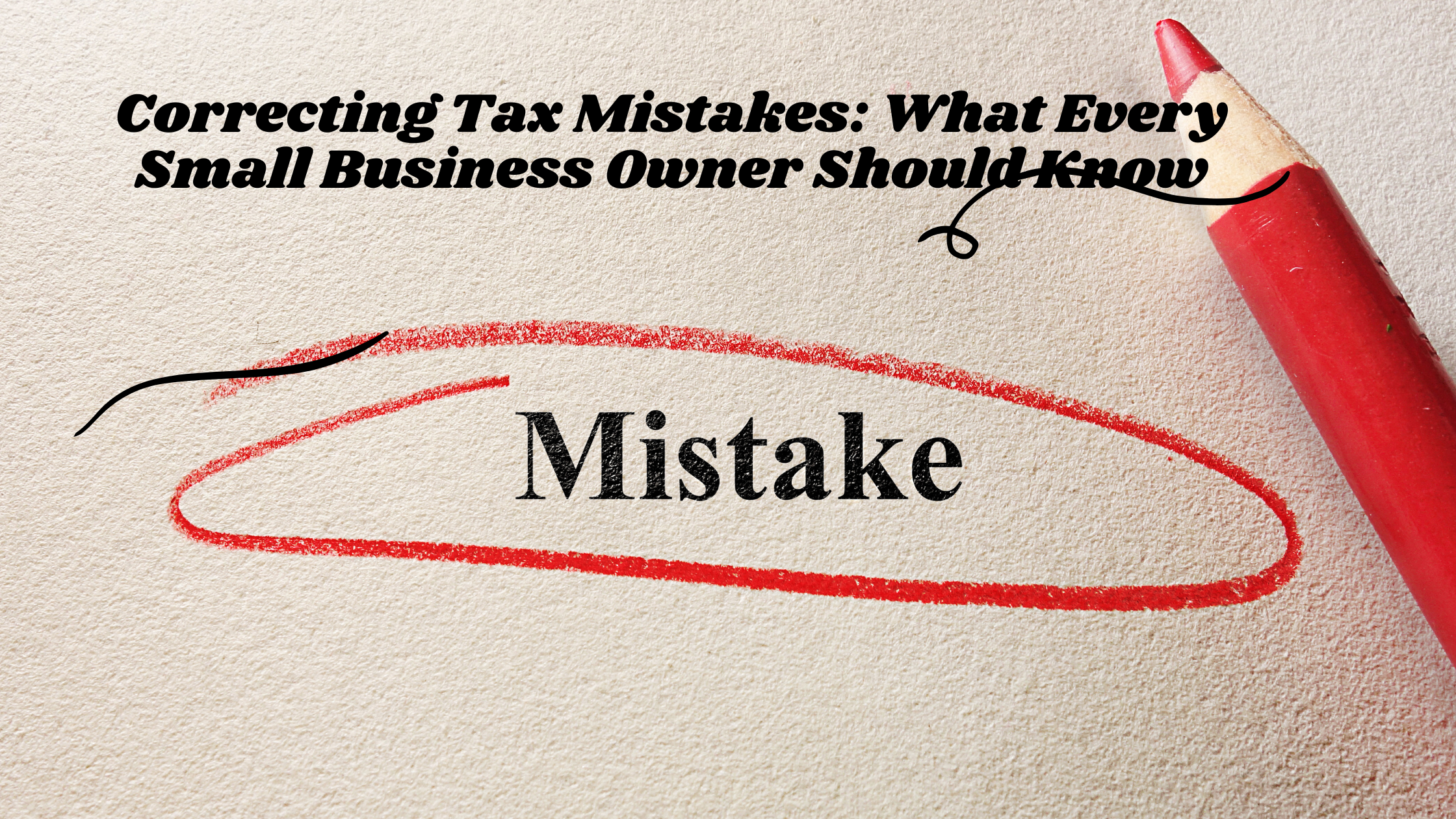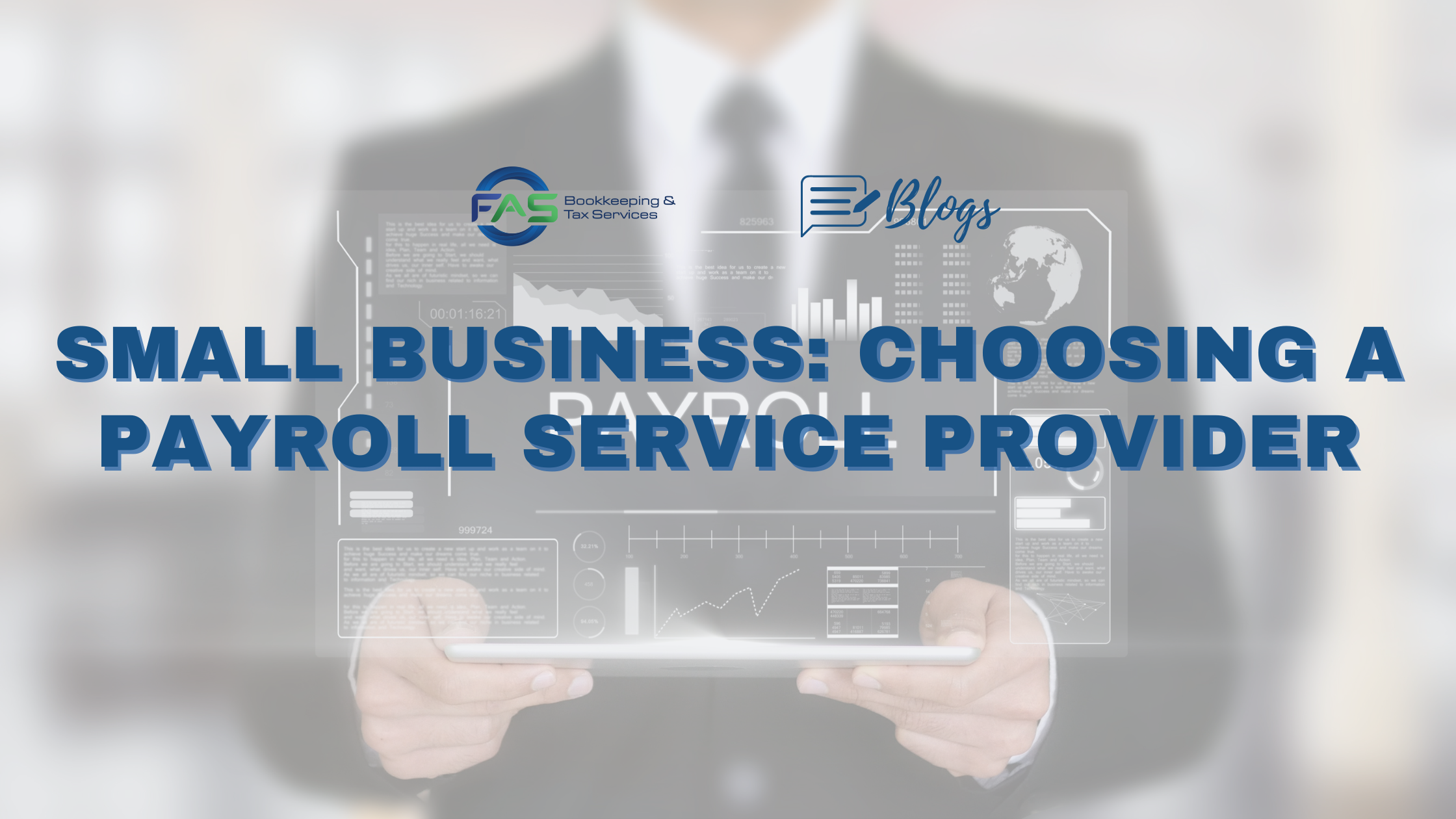Small Business: Choosing a Payroll Service Provider
When choosing a payroll service provider to handle payroll and payroll tax, employers should choose a trusted payroll service to help them avoid missed deposits for employment taxes and other unpaid bills. Typically, these clients remain legally responsible for paying the taxes due, even if the employer sent funds to the payroll service provider for required deposits or payments.
Employers are encouraged to enroll in the Electronic Federal Tax Payment System (EFTPS) and make sure the payroll service provider uses EFTPS to make tax deposits. EFTPS is free and gives employers safe and easy online access to their payment history, provided they make deposits under their Employer Identification Number (EIN). Using the EFTPS enables them to monitor whether their payroll service provider meets its tax deposit responsibilities.
Employers have two options when finding a trusted payroll service provider:
-
- A certified professional employer organization (CPEO). Typically, CPEOs are solely liable for paying the customer’s employment taxes, filing returns, and making deposits and payments for the taxes reported related to wages and other compensation. An employer enters into a service contract with a CPEO, and then Form 8973, Certified Professional Employer Organization/Customer Reporting Agreement, is submitted to IRS. Employers can find a CPEO on the Public Listings page of IRS.gov.
- Reporting agent. A reporting agent is a payroll service provider that informs the IRS of its relationship with a client using Form 8655, Reporting Agent Authorization, that the client signs. Reporting agents must deposit a client’s taxes using the Electronic Federal Tax Payment System (EFTPS) and can exchange information with the IRS on behalf of a client if issues arise. They are also required to provide clients a written statement reminding the employer that it, not the reporting agent, is ultimately responsible for the timely filing of returns and payment of taxes.
Employers should contact a tax professional about any bills or notices received, especially payments managed by a third party. They can also call the phone number on the bill, write to the IRS office that sent the bill, or contact the IRS business tax hotline at 800-829-4933.
Most payroll service providers provide quality service, but some don’t. Each year, a few payroll service providers don’t submit their client’s payroll taxes, close down abruptly, and leave employers on the hook.
Don’t get caught short. Choose a payroll service provider you can count on – and don’t hesitate to call the office with any questions about payroll and other business-related taxes.





